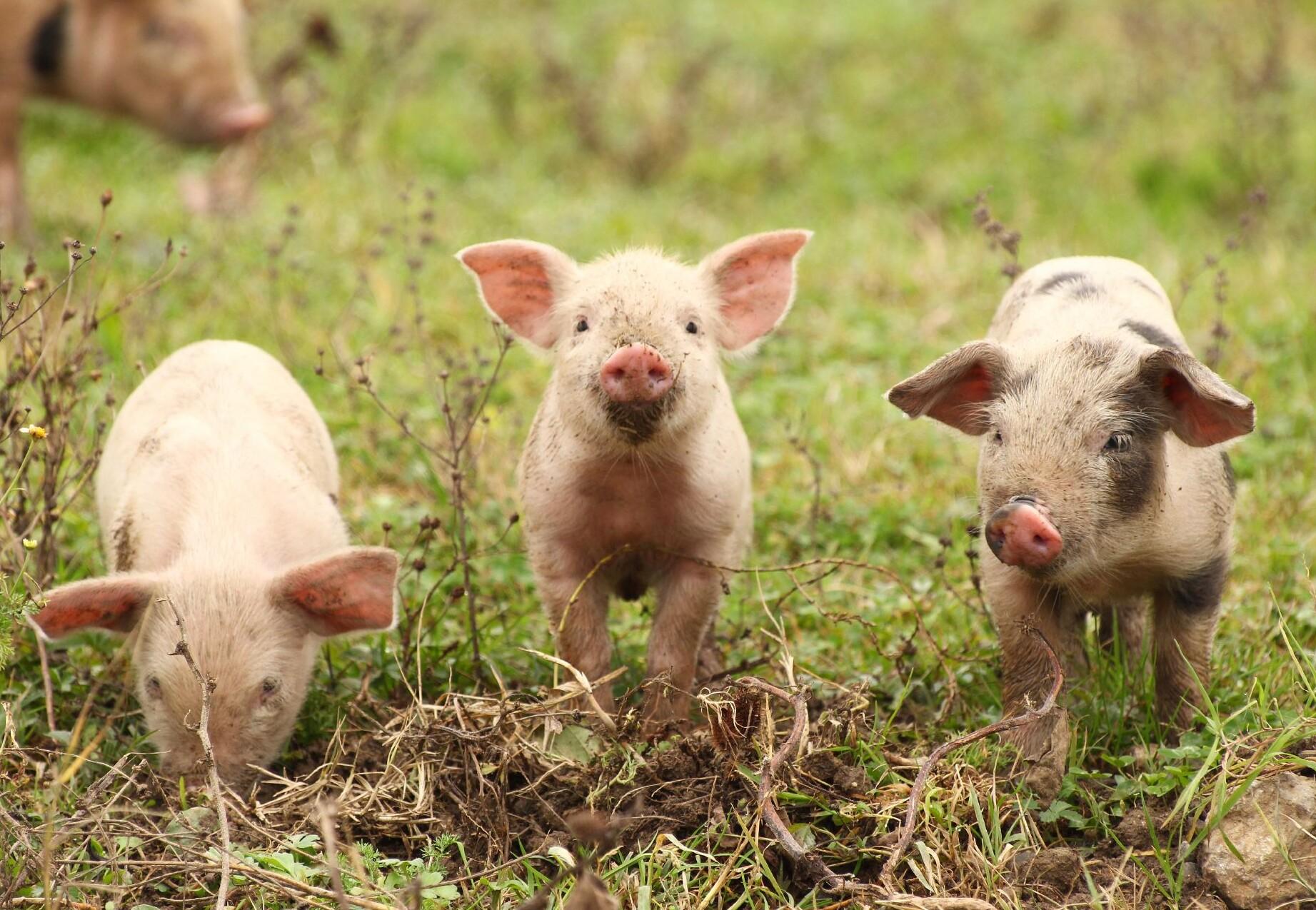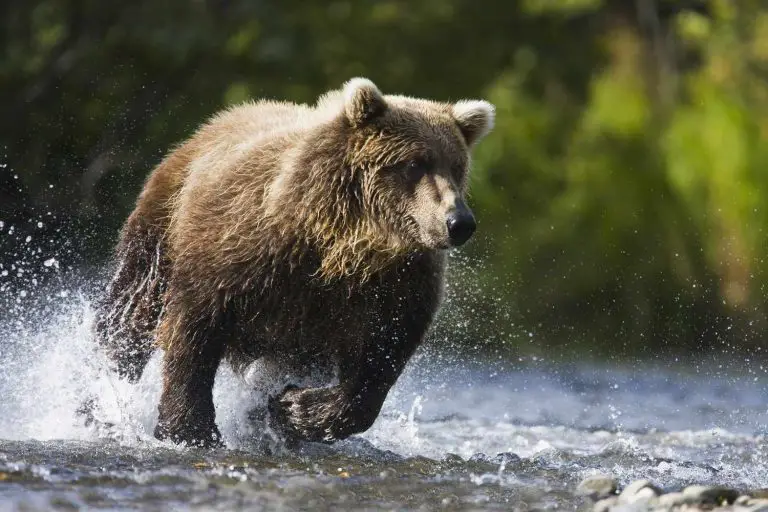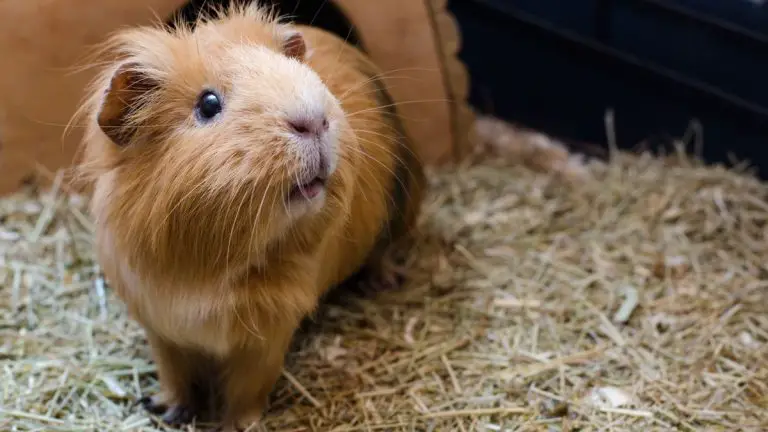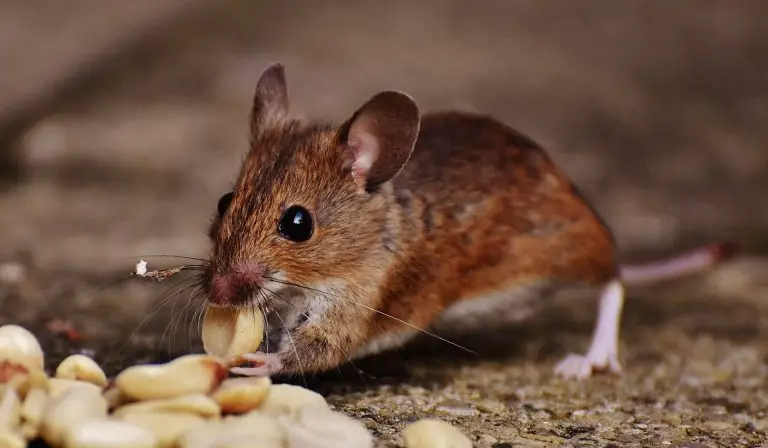Why Are Pigs Clean Animals?
Pigs are clean animals as they instinctively keep their living areas separate from their bathroom areas. In fact, pigs are known to be one of the cleanest farm animals due to their natural habits of wallowing in water to regulate their body temperature and remove parasites.
Contrary to the popular myth of pigs being dirty, these intelligent creatures are actually quite clean by nature. Pigs have long been associated with filth and messiness due to a common myth that portrays them as dirty animals. However, this perception is far from the truth.
Pigs are, in fact, clean animals that possess natural instincts to maintain cleanliness in their living environments. They are known to segregate their bathroom areas from their living areas, displaying a naturally hygienic behavior. Furthermore, pigs have unique ways of keeping themselves clean, such as wallowing in water to regulate their body temperature and remove parasites. We will delve into the fascinating world of pigs and uncover the truth behind their cleanliness, debunking the myth that surrounds them. So, let’s set the record straight and explore why pigs are truly clean animals.
Unraveling The Cleanliness Of Pigs
Despite popular belief, pigs are actually clean animals due to their natural behavior and habitat. Pigs have a strong instinct to keep their living areas clean and separate from their waste. They create distinct areas for sleeping, eating, and defecating. Moreover, pigs are known to be meticulous in grooming themselves by rolling in mud or water to regulate their body temperature and protect their skin from excessive sun exposure.
In their natural environment, pigs reside in open spaces or pastures, allowing ample space for them to roam and find separate areas for various activities. This natural behavior of pigs contributes to their cleanliness as they instinctively maintain hygiene in their surroundings.
Contrary to the misconception, pigs do not seek out or enjoy living in filthy conditions. Their reputation for being dirty animals stems from their habit of digging and rooting in the ground, which can create a messy appearance. However, this behavior is inherent to their foraging instincts and does not imply uncleanliness.
Pig Hygiene Debunked
There is a common misconception that pigs are dirty animals due to their association with mud. However, the truth is that pigs are actually quite clean animals.
Pigs use mud as a way to regulate their body temperature and protect themselves from the sun. The mud acts as a natural sunscreen, keeping their skin cool and preventing sunburn. Pigs do not have sweat glands like humans do, so rolling in the mud helps them cool off.
Compared to other farm animals, pigs are actually quite hygienic. They have a natural instinct to keep their living spaces clean, separate from their waste areas. Pigs will often designate a specific area for their waste, which helps prevent contamination.
Additionally, pigs are known for their intelligence and ability to be trained. They can be taught to use litter boxes, just like cats, which further promotes cleanliness.
So, the next time you see a pig rolling in the mud, remember that they are not being dirty, but rather using it as a way to stay cool and protect themselves from the sun. Pigs are clean animals that have adapted to their environment in a unique and fascinating way.
Behind Pig Behavior
Contrary to popular belief, pigs are actually clean animals. Their natural instincts drive them to maintain a tidy living environment, debunking the myth of dirty pigs. Their behavior reflects their innate cleanliness and organizational skills.
Wallowing In Mud For Health, Not Filth
Pigs, often misconceived as “dirty animals,” actually have instinctual grooming habits that contribute to their cleanliness. While it may seem contradictory, their behavior of wallowing in mud serves a purpose of maintaining their hygiene rather than seeking filth. Pigs lack sweat glands, which makes it challenging for them to regulate body temperature. By wallowing in mud, pigs create a protective layer of moisture on their skin, which prevents sunburn and helps keep parasites away. The mud also acts as a natural sunscreen and repellant, protecting them from insects and UV rays.
Additionally, pigs possess coarse bristles covering their bodies, which they groom themselves by rubbing against rough surfaces. This grooming process helps slough off dead skin cells and removes irritants on their skin. Therefore, contrary to popular belief, pigs are not inherently dirty animals, but rather use their innate behaviors to maintain their cleanliness and overall well-being.
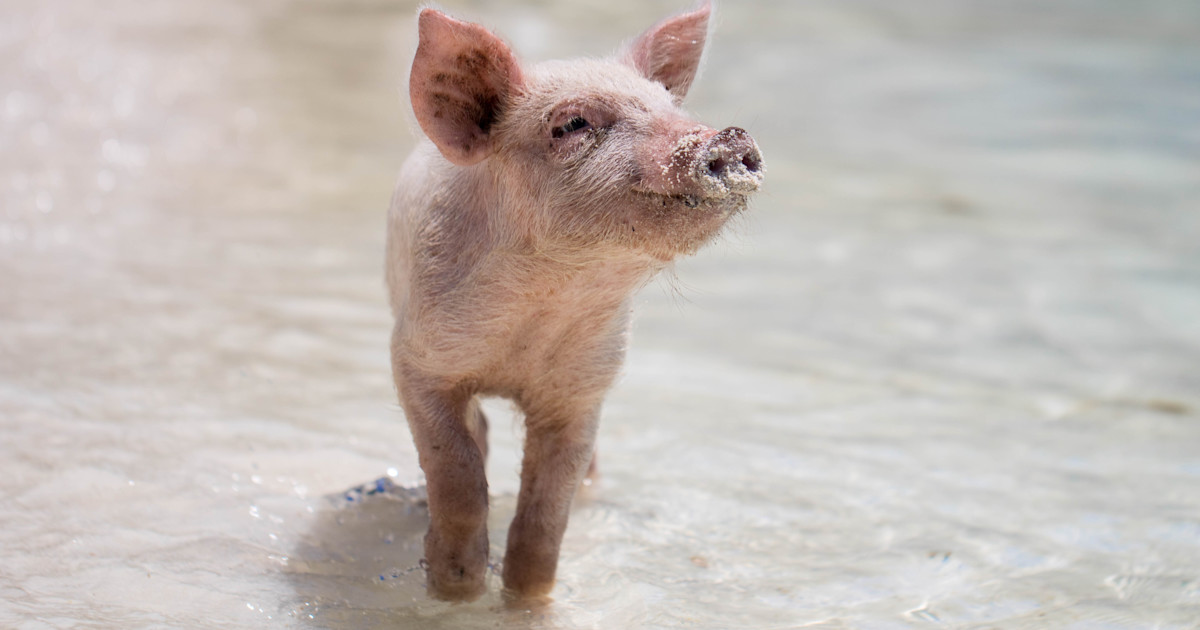
Why Are Pigs Clean Animals? Discovering Reality
Why Are Pigs Clean Animals? Discovering Reality
Pigs are often stereotyped as dirty animals, but this is actually a common myth. Their cleanliness is derived from several factors, primarily their diet. Pigs have a unique ability to regulate their body temperature, which allows them to stay relatively clean. They also possess a natural instinct to keep their living spaces tidy.
Clean living spaces in natural and farm environments
Whether in the wild or on farms, pigs maintain clean living spaces. In their natural environment, they create separate areas for sleeping, eating, and defecating. This behavior demonstrates their innate cleanliness. On farms, pig farmers ensure that the animals’ pens and surroundings are kept clean, enabling the pigs to maintain their natural hygiene tendencies.
Pigs’ diet and their clean living spaces are vital factors contributing to their overall cleanliness. Dispelling the misconception that pigs are dirty animals, these factors emphasize the inherent clean nature of pigs.
Sanitation In Pig Farming
Modern pig farming practices have debunked the myth that pigs are dirty animals. Pig farmers today prioritize sanitation to maintain a clean and healthy environment for the animals. Caregivers play a crucial role in ensuring pig hygiene.
Farmers incorporate various measures to keep pig farming areas clean. They provide ample space for the pigs to move around freely, reducing the likelihood of filth accumulation. Additionally, regular cleaning and disinfection of pig pens prevent the buildup of waste and harmful bacteria.
Proper waste management is another essential aspect of maintaining cleanliness in pig farms. Pigs are provided with separate feeding and defecation areas, keeping their living spaces clean. Waste is collected and managed through appropriate disposal methods, such as composting or utilization as fertilizer.
To further promote hygiene, pigs are provided with clean and comfortable bedding, which is regularly replaced and cleaned. This helps to prevent the spread of diseases and keeps the animals comfortable.
In conclusion, modern pig farming practices prioritize cleanliness, debunking the misconception that pigs are dirty animals. Through proper sanitation measures and the dedicated efforts of caregivers, pigs can thrive in a clean and hygienic environment.
Frequently Asked Questions For Why Are Pigs Clean Animals? (myth About Dirty Pigs)
Are Pigs Dirty Or Clean Animals?
Pigs are considered clean animals as they are naturally clean and avoid soiling their living spaces. They are known to maintain cleanliness by keeping separate areas for eating, sleeping, and using the bathroom.
Is The Pig The Dirtiest Animal In The Bible?
No, the pig is not considered the dirtiest animal in the Bible. According to Leviticus 11:7, pigs are considered unclean because they do not chew the cud. However, referring to them as the dirtiest animal is not a biblical description.
Do Pigs Need To Be Dirty?
No, pigs do not need to be dirty. They are naturally clean animals and will keep themselves clean if given the proper living conditions.
Why Are Pigs Hygienic?
Pigs are hygienic because they have a natural instinct to keep their living areas clean. They designate a specific spot for waste, separate from where they sleep and eat, reducing the risk of diseases. Their habit of wallowing in water also helps maintain their overall cleanliness.
Conclusion
To sum up, pigs have long been misunderstood as dirty animals due to their reputation for rolling in the mud. However, this behavior actually serves as a way for them to regulate their body temperature and reduce the risk of sunburn.
Pigs are naturally clean animals that prefer sanitary environments and exhibit high levels of intelligence and hygiene. Understanding the truth about pigs helps dispel the myth of their dirtiness and promotes a more accurate perception of these remarkable creatures.

